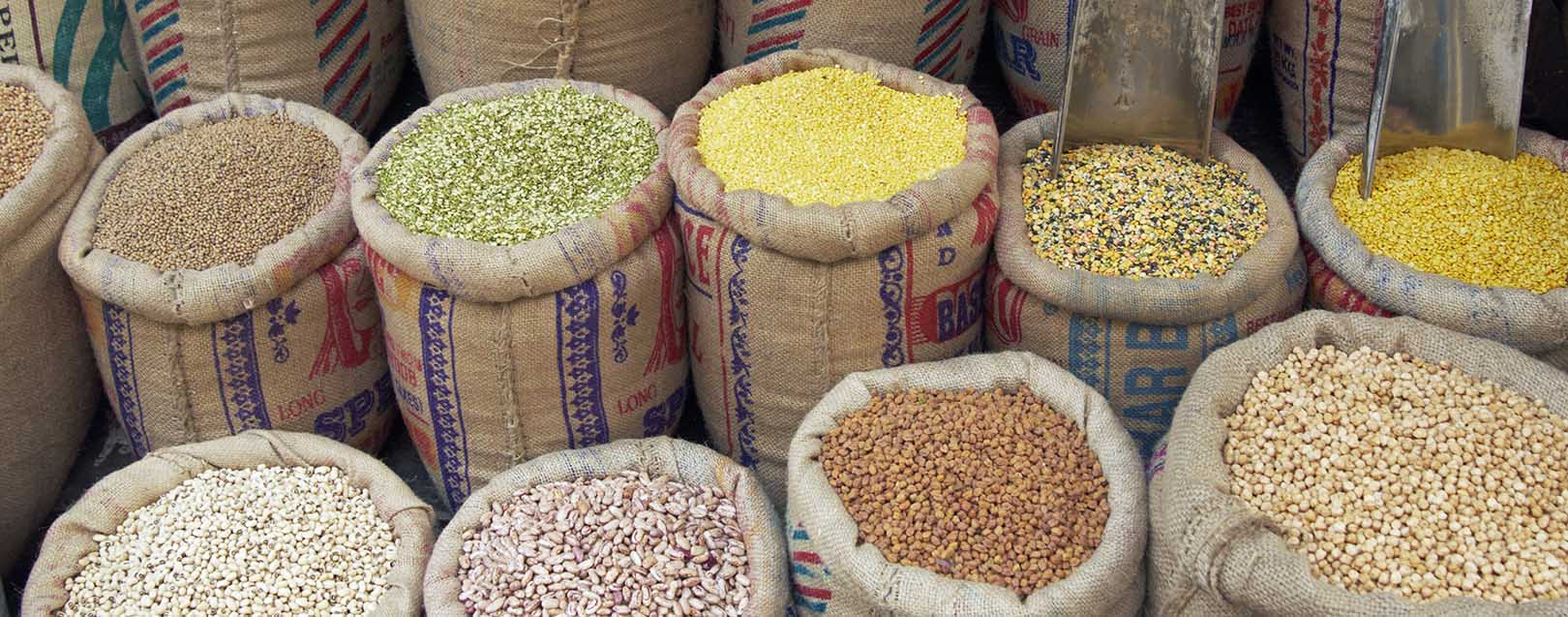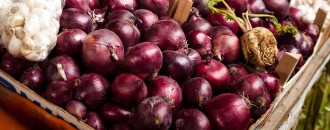
Govt to import more pulses to tackle price rise
The Dollar Business Bureau
In order to tackle the crisis of rising prices of pulses, the government on Thursday came up with a multi-pronged approach which includes additional imports of pulses and distributing 'chana dal' at subsidised rates.
A statement by Ministry of Food & Public Distribution said, “the National Consumer Cooperative Federation (NCCF), to make sure that pulses will be available at reasonable prices, has given directions to begin selling chana dal at Rs.60 a kg through its mobile outlets in the national capital."
The Federation is already selling 'urad' and 'tur' through its mobile outlets at Rs.120 a kg.
The Management Committee of Price Stabilisation Fund, headed by Hem Pande, Consumer Affairs Secretary, held in New Delhi, has taken decisions in this regard.
The Committee had a discussion on the procurement and import of pulses for buffer stock and its allocation to the states for further supply.
“The committee has also taken a decision to import additional 5,000 million tonnes of chana and 2,500 million tonnes of 'masoor'. It prodded the Metals and Minerals Trading Corporation of India (MMTC) to place an import order of 2,500 million tonnes of masoor in addition to its already ordered quantity,” the statement said.
Till now, MMTC has ordered the import of pulses of around 46,000 million tonnes, of which, it got the delivery of 14,321 million tonnes.
Besides, 68,000 million tonnes pulses of Rabi season and 51,000 million tonnes pulses of Kharif have been acquired. It is expected that the procurement of pulses would continue till July.
The committee has also given its go-ahead to allocate pulses from the buffer stock to the states of Andhra Pradesh, Bihar, Chhattisgarh, Madhya Pradesh, Maharashtra, Tamil Nadu, Telangana, and the Andaman & Nicobar islands, the statement said.
In India, the annual demand for pulses is expected to be around 23.5 million tonnes. However the production of pulses in crop year 2015-16 (July-June) has been around 17.06 million tonnes. In the previous year, the domestic output stood at 17.15 million tonnes.






 to success.
to success.